Hello Ecommerce Folks,
There’s no doubt that one of the biggest breakthroughs in business — and one that the majority of workers remain fairly oblivious to — has been the ability to network computers and systems over the cloud. Removing the need for physical in-house networks which are cumbersome to operate and vulnerable to threats, the cloud offers businesses in the Ecommerce space a huge boost, enabling the outsourcing of data centers and software solutions.
In this article, you’ll learn more about how this can work best for your business by consulting the tips listed below, confirming that cloud technology is vitally important for the success of your Ecommerce enterprise.
Also Check, How to Integrate Amazon S3 Cloud Store with Your Magento Store
Plug-In Software
Even though cloud spend is important, the first points of order concerns the cloud’s flexibility. Instead of having to work to download and integrate software packages into your network, and then across all of your work devices, the cloud simply enables you to plug-in and play with your new business tools while working from the cloud.
This means that you’re able to set up your business network with far more flexibility, as you will not have to worry so much about hard drive space, processing power, and memory on the devices that your employees use at work. While your network is free to arrange itself as it wishes when it’s saved onto a business cloud account, your own IT team are able to flexibly onboard helpful software, which means you don’t have to shuffle programs around.
Ability to Scale
The second massive boon for your Ecommerce business when it comes to cloud computing, is that you’re able to scale at speed whenever you feel ready to do so. The cloud’s infinite space provides as much elbow room as your company will need to make far more sales, build a far more comprehensive website, and list more products than ever before. That’s compared to the private servers and systems, networked physically, that were once the preserve of all businesses.
As such, you can go from a local business dealing with a few thousand international sales, into a large global business — hosting a store of hundreds of thousands of products — without going back to rebuild all of your digital infrastructure from the bottom up. You have the programs and plug-ins you need in the cloud, and you simply pay more for them when your traffic rises and the rate of software use increases over time.
Work Anywhere
Many online businesses — and Ecommerce stores are a great example of these — tend to be run by people who favor personal flexibility in their work schedules. This means that they might wish to put in a 70-hour week one week in order to work a little less doggedly from holiday the week later. Of course, to work remotely, you need to be able to work with a network that’s decentralized, and again, the cloud facilitates this kind of lifestyle.
By being hosted internationally and accessible wherever you’re connected to the Internet, you’ll be able to open your laptop in Hong Kong, Hanoi, Hanover or Honduras, and crack on with your working day without worrying about where your work will be saved. That’s whether you need to download certain documents when you’re abroad, or how you can coordinate work with remote workers across the world.
Security Boosts
There are upsides and downsides to cybersecurity on the cloud. One of the biggest downsides for businesses that aren’t savvy with the digital world is that the cloud does require special layers of security. To protect a business connected and managed through the cloud, you need a special system, like that devised by McAfee, to place guard points at all the extra back doors that computing on the cloud creates.
While this sounds complex, it’s actually very simple. Cybersecurity companies take all the complexity out of it for you, leaving you better connected than you were before, and better protected, too. You’ll just need to talk to your cybersecurity provider about this requirement, and they’ll set you up with a robust and reliable security system to protect all your activities on the cloud.
Data Stores
As your online business grows, you’ll harvest and store hundreds of thousands of lines of data regarding your customers, your competitors, your clients, and web users that interact in some way with your brand. All of this data is valuable and worth storing within your business networks in order for your digital team to analyze it and draw important conclusions that might inform your later work.
Naturally, the cloud offers a huge amount of space for you to store this data, and it’s easily sent to third parties should you need their help in analyzing your data for you. The issue here isn’t so much about security, which you’ll have covered in light of the last tip, but about access. Data is protected by law, and you need to make extra sure that you’re being careful about the personal data of your customers in order to avoid difficult fines, penalties and lawsuits down the line.
Web Hosting
Finally, there’s a trajectory that most Ecommerce businesses tend to follow. They first develop an MVP and sell it on existing Ecommerce websites, like Amazon and eBay. They’ll make some cash, and get their brand recognized across the web. This is the exciting first spell, and it creates the revenue to make a private business website on which you sell products without having to limit yourselves to the tariffs and prices of other Ecommerce platforms.
It’s in this second stage when you begin hosting your own ecommerce stores online, that you’ll make use of the cloud once more. It’s here that you’ll be able to make the most complex and engaging of websites, comprised of many thousands of lines of expertly-written code, only for it to be saved in the cloud — accessible from anywhere, and never reliant on your physical servers for hosting privileges. Host your website via the cloud in order to enjoy dynamic flexibility when selling products directly from your own store.
There you have it: the key ways in which you can make the cloud work for you and your ecommerce company in 2020 and beyond into your profitable future.


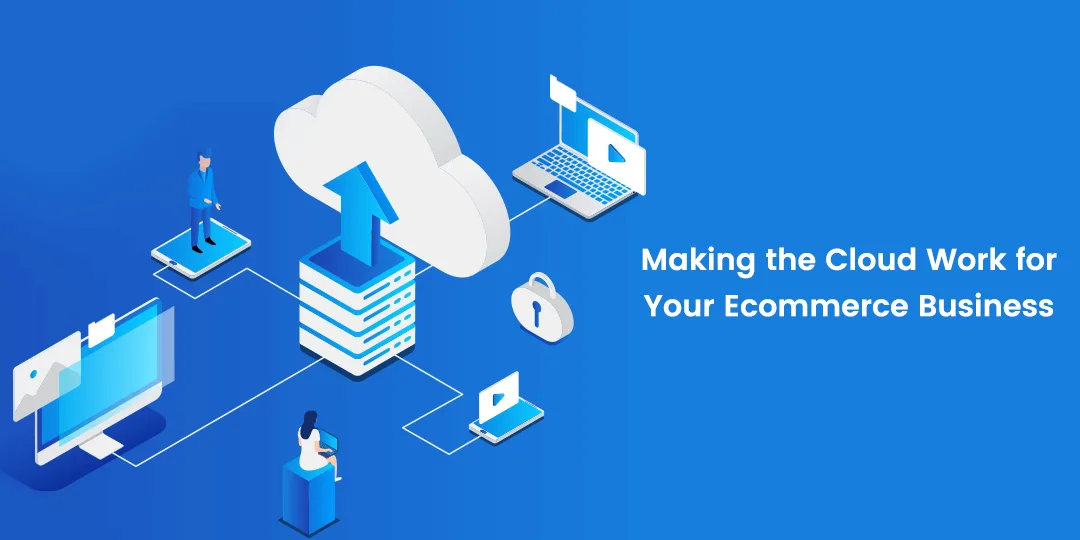




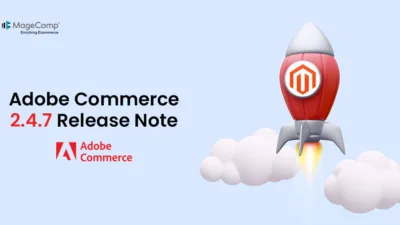
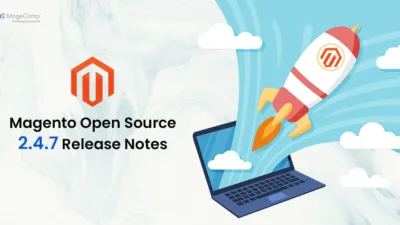

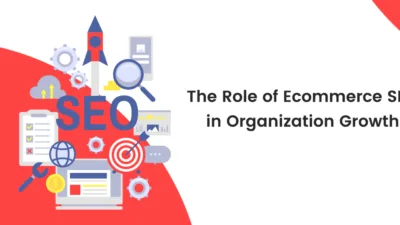

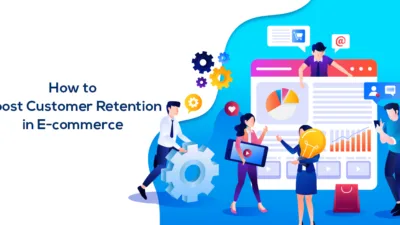
Thanks for that my dear fellas!